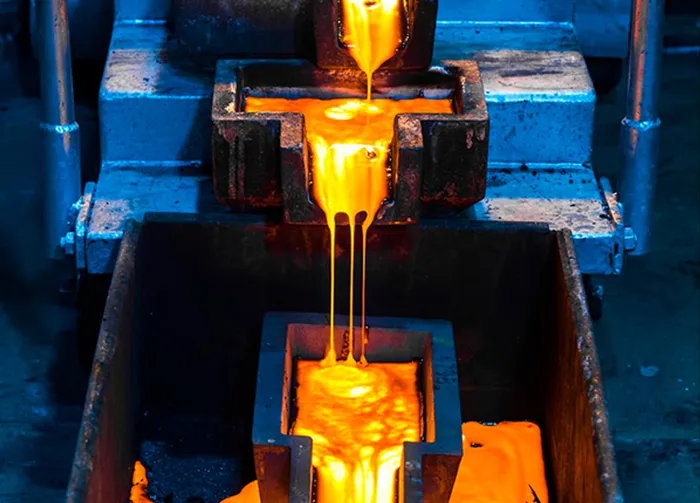US tariffs pose new challenges for South Africa’s mining industry, warns Minerals Council
MINING

Minerals Council's chief economist, Hugo Pienaar further explained that while PGMs were not directly affected by the new Trump tariffs, the overall economic landscape was likely to shift.
Image: File
The Minerals Council South Africa has raised alarms over the potential repercussions of recent tariffs introduced by the US government, which could hinder global economic growth and diminish demand for South African minerals.
Among the sweeping measures announced by President Donald Trump, a 30% reciprocal tariff will be imposed on specific imports from South Africa, including products such as iron ore and diamonds.
While key exports such as platinum group metals (PGMs), coal, gold, manganese, and chrome remain exempt from these new tariffs, the Council on Thursday warned that the broader impact on sentiment - both for businesses and consumers - may lead to reduced investment and spending, ultimately threatening global economic prosperity.
“Despite the exclusions, we remain concerned about the adverse impact on business and consumer sentiment and the resultant feedthrough to business investment, consumer spending and ultimately global real GDP growth caused by this unprecedented upheaval in world trade. Global growth coming under threat is bad news for the entire South African mining industry,” said Hugo Pienaar, chief economist at the Minerals Council.
“Even though PGMs are excluded from the latest round of tariff increases, vehicle prices in the US will increase because of the 25% tariff the Trump administration has imposed on all vehicle imports. Not only will this slow demand for automobiles in the US, but car makers in other countries are likely to moderate production as a result.”
Platinum, palladium and rhodium are used to make autocatalysts for vehicle exhausts to scrubout pollutants. If car and truck sales slow, demand for PGMs will reduce and result in volatile near-term prices.
In the longer-term, the Council said it remained positive about the outlook for PGM demandand prices.
Mzila Mthenjane, CEO of the Minerals Council, reiterated this sentiment, emphasising the untapped potential for PGMs in emerging markets related to internal combustion engines, the green hydrogen economy, and jewellery.
“With respect to PGMs, there is an opportunity for increased market development given the potential that remains with internal-combustion engines, the green hydrogen economy and jewellery as well as other yet-to-be-developed technological applications that our members are driving through research,” Mthenjane said.
“South Africa is the world’s leading source of PGMs, manganese, chrome and vanadium which are all critical as energy metals.”
Despite these challenges, some aspects of the mining industry are providing a necessary buffer against the economic turmoil.
The gold price remains robust, trading firmly above $3 000 an ounce, which translates to approximately R1.8 million per kilogram. This is in response to increased demand from both investors and central banks amid rising global uncertainties.
Moreover, the mining sector may find additional resilience through the depreciation of the rand against the dollar, fostering increased competitiveness for South African mineral exports if sustained under orderly conditions. If sustained,orderly and not accompanied by notable domestic cost increases, the Council said the weaker rand should increase the competitiveness of South African mineral and other exports.
In 2024, total South African exports of mineral products and precious metals to the United States amounted to R65.3 billion, with PGMs accounting for 76.3% of the total.
As South Africa strives to navigate this complex international trade landscape, the interplay between local mining operations and global economic dynamics will be pivotal.
Investec chief economist, Annabel Bishop, said the tariff changes under the Trump Administration represented a structural shift in trade policy in the US, as President Donald Trump said the current lack of trade reciprocity, demonstrated by (the) chronic trade deficit, has weakened the US economic and national security.
"The Office of the United States Trade Representative adds, the tarrif moves aim to bring reciprocity to our trade relations and reduce the trade deficit by leveling the playing field for American workers and manufacturers, reshoring American jobs," Bishop said.
"And in addition are also aimed at "expanding our domestic manufacturing base, and ensuring our defence-industrial base is not dependent on foreign adversaries" —all leading to stronger economic and national security.
"With SA’s 30% tariff, and expected to lose its US legislated African Growth and Opportunity Act benefits, SA’s vehicle exports are expected to be impacted, along with those of agriculture in particular, and with the uneven tariff impositions demand for SA goods will lose out."
BUSINESS REPORT